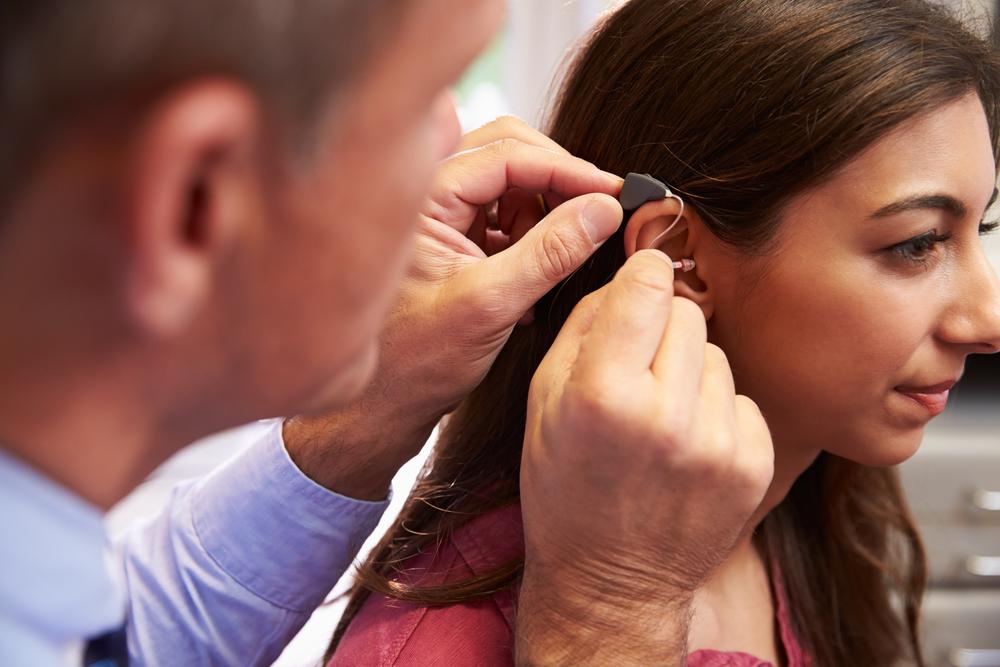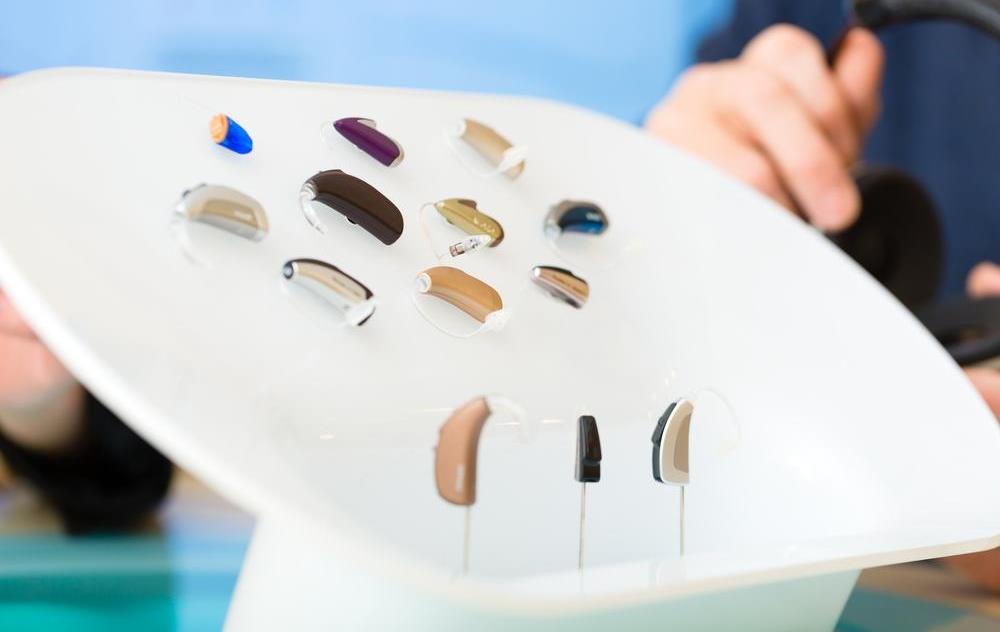Ways To Get Hearing Aids At A Lower Price
The cost of hearing aids is a real problem since most of the people suffering from hearing impairment delay buying hearing aids since they are very pricey. Some even stall the purchase for two years or more. If you are considering getting a hearing aid but putting off the purchase after seeing the exorbitant hearing aid prices, here are some tips to guide you to a few affordable solutions.
Check your coverage
Some federal workers, children, and residents of New Hampshire, Arkansas, and Rhode Island can get covered by health insurance.

There are certain insurance plans that offer discounts as well. These insurance companies have tied up with certain brands or stores selling hearing aids. Thus, if they buy from the recommended supplier, they enjoy a discount on the hearing aid prices. If you have a flexible spending account or health saving, you can buy a hearing aid and its batteries with pre-tax money.
Shop around
Visit different retailers and find out the prices of different hearing aids. This is one the best ideas to buy hearing aids at a lower price. There are stores that offer no-cost screenings and have hearings aids starting at $500 each.
You can also choose to buy online as there is a possibility of you saving up to $2000 on this product. However, you may have to send the product back for adjustments or pay a specialist available locally to adjust them.
It goes without saying that you need to visit an audiologist or doctor first to determine your hearing needs and chuck out any other medical issues leading to hearing impairment.
Some people also go for pre-owned devices to save some money on the hearing aid prices. But this is not a wise decision unless you are sure that you would not contract any infection by using a user device. Moreover, reprogramming and refitting an old device may cost as much as a new one. The audiologist may have to spend quite a lot of time to get the pre-owned device working properly and fit your requirements.
Do not overspend by buying a Hi-Tech hearing aid unnecessarily
The hearing aid price range varies with features and specifications. Talk to your audiologist to discuss your biggest hearing challenge. It may be background noise in eateries, difficulty doing phone conversations, etc. This will help the doctor to determine the right kind of device for you.
Try on different models to decide which one feels comfortable. Then get to know their hearing aid prices and obtain additional information like a money-back guarantee, trial period, warranty, etc. Do not go for fancy options like Bluetooth capability, etc. if you want to save additional money. You may save hundreds of dollars by going for the basic version that would not only suit your requirement but be within your budget as well.
For people with mild to moderate hearing, loss issue may benefit from buying over-the-counter hearing helpers, like personal sound amplification products.
Ask for a price break
It is better to buy something after knowing how much you are paying for each component. Check with your audiologist if he will separate the cost of the device from charges for fittings and other requirements. Not all audiologists do that but it sure makes the hearing aid price more transparent. Moreover, this would help to negotiate the price as well.
Check out groups and organizations that can help
There are several state-run, government, and independent organizations that help to pay for medical needs. Thus, you may be funded to some extent to buy a hearing aid or may get some discount on your purchase as well. However, you need to show them valid reason about your inability to pay for your hearing device. If they find your reasons to be genuine, they would lend a helping hand to you.




